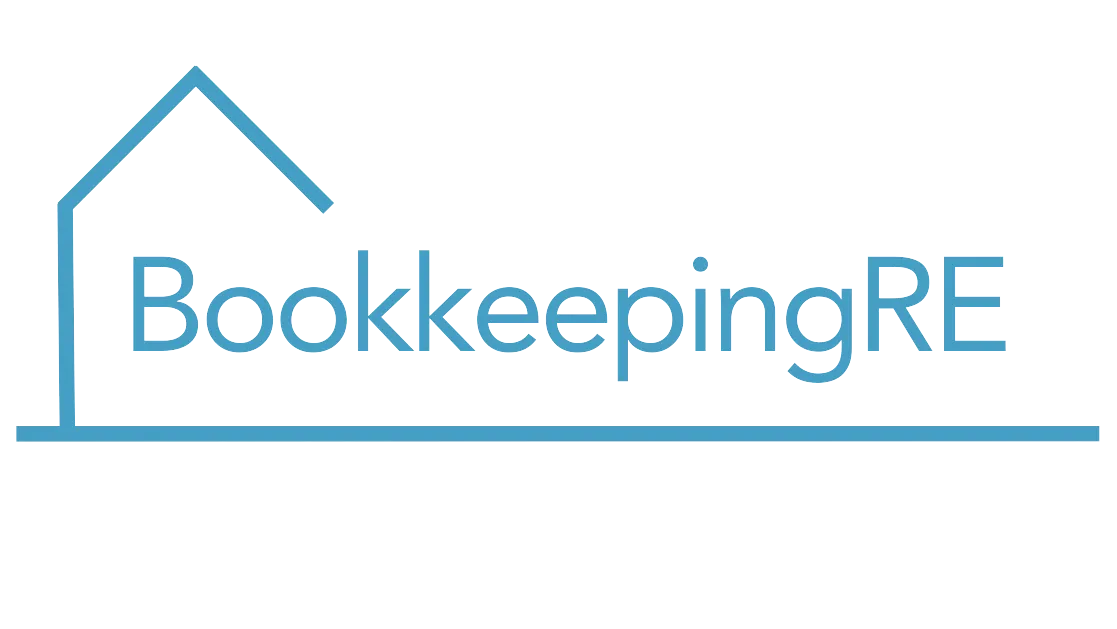
Understanding Your Financial Team: Who Does What?
“A strong financial team is the foundation of every successful business.” - Jake Baker
Introduction:
Running a successful business requires more than just ambition—it takes a strong financial team to ensure everything runs smoothly. From maintaining accurate records to strategizing for taxes, each financial professional plays a unique and critical role. Here's a breakdown of the key players on your financial team and what they do.
The Foundational Team
These professionals handle the day-to-day operations and ensure compliance with financial regulations:
Bookkeeper
A bookkeeper manages the daily financial transactions of your business. They categorize expenses, reconcile bank statements, and track accounts receivable/payable. Think of them as the foundation of your financial house—they ensure your records are accurate and up-to-date.
Key Responsibilities:
Categorizing transactions
Reconciling bank accounts
Managing payroll and accounts payable/receivable
Skills: Proficiency in software like QuickBooks or Xero, attention to detail, and strong organizational abilities.
Credentials: Formal certification isn't required, but optional certifications like AIPB (American Institute of Professional Bookkeepers) or NACPB (National Association of Certified Public Bookkeepers) add credibility.

Tax Preparer
A tax preparer specializes in preparing and filing tax returns for individuals and businesses. They ensure accuracy and compliance with IRS requirements, helping you avoid penalties.
Key Responsibilities:
Filing tax forms and schedules
Identifying eligible deductions and credits
Meeting IRS deadlines
Skills: In-depth knowledge of tax laws, forms, and IRS guidelines, as well as proficiency in tax software.
Credentials: Must have an IRS Preparer Tax Identification Number (PTIN). Certifications like AFSP (Annual Filing Season Program) or CPA (Certified Public Accountant) enhance credibility.

Payroll Specialist
A payroll specialist ensures your employees are paid correctly and on time. They handle wage calculations, tax filings, and benefits administration.
Key Responsibilities:
Processing employee payroll
Filing payroll taxes
Managing benefits and deductions
Skills: Expertise in payroll software, knowledge of payroll tax laws, and a keen eye for detail.
Credentials: Certification as a Certified Payroll Professional (CPP) is optional but valuable.

Strategic and Specialized Roles
Beyond daily tasks, these professionals offer strategic insights and handle complex financial matters:
Accountant
An accountant analyzes financial data and provides insights into your business’s performance. They prepare financial statements, forecast budgets, and offer valuable advice for improving profitability.
Key Responsibilities:
Preparing financial reports (e.g., income statements, balance sheets)
Analyzing business performance
Budgeting and forecasting
Skills: Strong analytical abilities, proficiency in accounting software, and a solid understanding of financial principles.
Credentials: Typically holds a degree in accounting or finance but may not require certification.
Tax Advisor
A tax advisor helps you make strategic decisions to minimize tax liabilities and optimize financial outcomes. They go beyond filing taxes to provide long-term tax planning.
Key Responsibilities:
Strategic tax planning
Advising on deductions, credits, and tax-efficient structures
Assisting with IRS audits
Skills: Deep understanding of tax codes and financial strategies, strong problem-solving abilities.
Credentials: Often an EA (Enrolled Agent) or CPA with specialization in taxation.
Enrolled Agent (EA)
An Enrolled Agent is a federally authorized tax practitioner who specializes in taxation and can represent clients before the IRS.
Key Responsibilities:
Handling complex tax filings
Representing clients in IRS audits and disputes
Offering tax compliance and planning advice
Skills: Expertise in tax law, problem-solving skills, and attention to detail.
Credentials: Must pass the Special Enrollment Examination (SEE).
Certified Public Accountant (CPA)
A CPA is a certified financial professional qualified to perform audits, prepare taxes, and provide comprehensive financial services. They are licensed to handle complex IRS matters.
Key Responsibilities:
Conducting audits
Preparing and filing taxes
Offering advanced financial and business advice
Skills: Advanced knowledge of accounting, auditing, and taxation. Strong analytical and problem-solving skills.
Credentials: Requires a bachelor’s degree in accounting, passing the Uniform CPA Exam, and meeting state licensing requirements.
How These Roles Work Together
Your financial team works as a cohesive unit to ensure smooth operations and strategic growth:
Bookkeeper + Tax Preparer: Maintain accurate records for tax filings.
Accountant + Tax Advisor: Offer insights and long-term strategies for financial success.
Payroll Specialist: Ensures employees are paid correctly, which feeds into financial reporting handled by the accountant or CPA.
EA or CPA: Represent you in audits or provide advanced tax solutions.
Final Thoughts
Building a strong financial team is essential for any business. Start with a solid foundation by hiring a bookkeeper and tax preparer. As your business grows, consider adding strategic roles like an accountant, tax advisor, or CPA to help navigate more complex financial matters. By understanding each professional’s unique role, you can ensure that your business is set up for long-term success.

